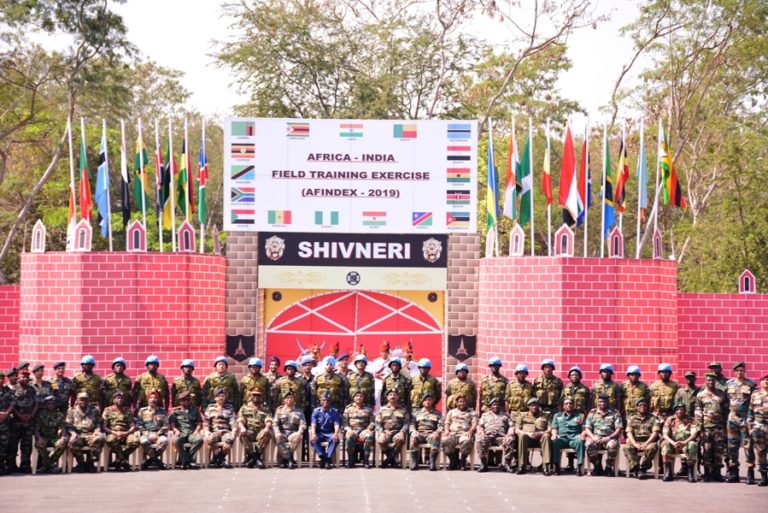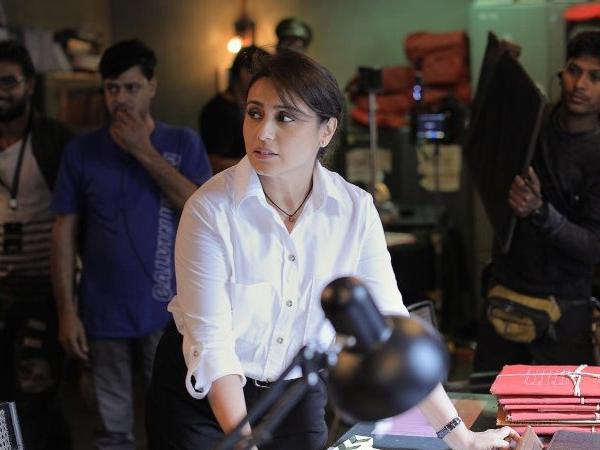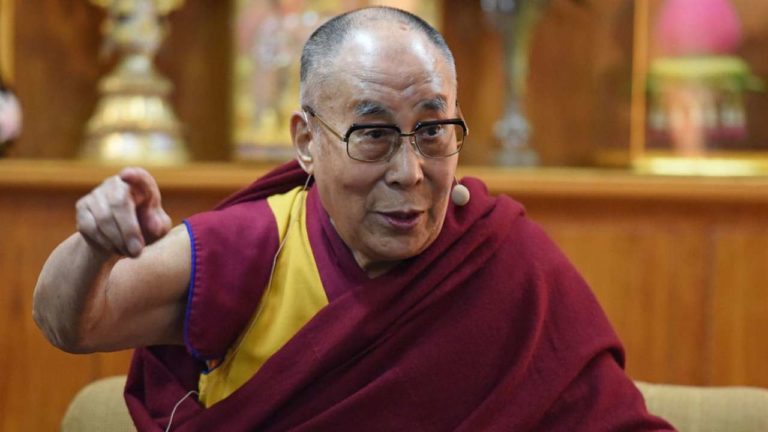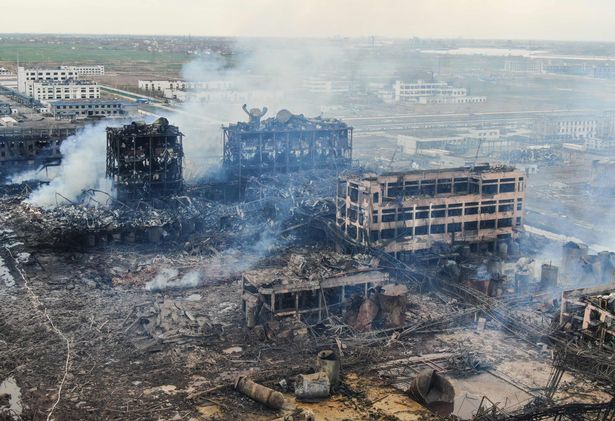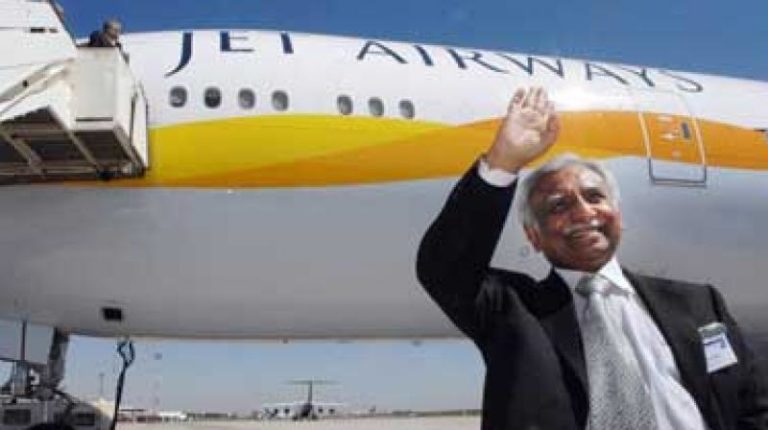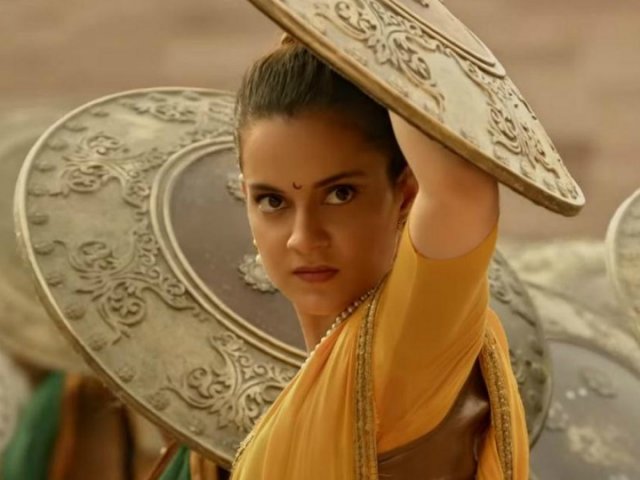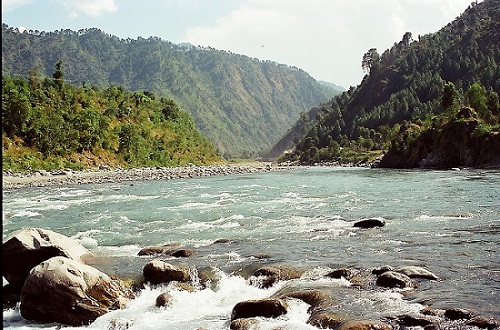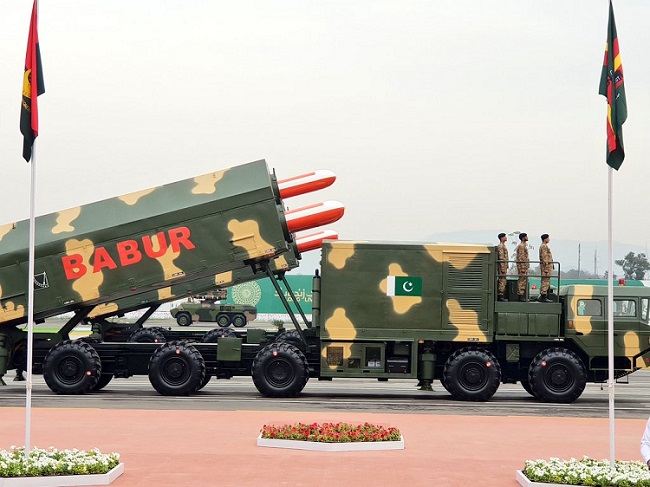Starting as a symbolic lights out event in Sydney in 2007, Earth Hour is now the world’s largest grassroots movement for the environment, inspiring millions of people to take action for the planet and nature. Earth Hour 2019 is on 30th March 2019 from 8:30pm – 9:30 pm.
Coordinated by WWF and other volunteer organisations, Earth Hour’s greatest strength is the collective action of people. As accelerating climate change and staggering biodiversity loss threaten our planet, Earth Hour 2018-2020 endeavours to spark never-before-had conversations on the loss of nature and the urgent need to protect it.

Earth Hour 2018 saw the launch of the GIVEUPmovement. To further inspire collective action, WWF-India is taking the GIVEUP movement forward in 2019 through a fun activity for individuals and organizations. Titled as #BEE4THEPLANET- it is a call to stand for the planet and buzz like a bee. This involves individuals buzzing like a bee for as long as possible, challenging few friends and families to take up the challenge. This is the fun part of the campaign driven through social media.
Apart from this, participants will be encouraged to make their GIVEUP to GIVE BACK pledge, driving the serious message of nature conservation and a cleaner, healthier planet. As part of it people can choose to GIVEUP from among the three themes (plastic pollution, water and paper wastage) or anything that is detrimental to the health of the planet as a pledge.
During Earth Hour, people will be encouraged to switch off all non-essential lights at their homes in support of nature on 30th March 2019 between 8:30 – 9:30pm. The organisers feel that linking it to larger government initiatives will ensure that the campaign is not just restricted to Earth Hour but goes beyond it and provides a platform for other significant days in the year like World Environment Day which will be celebrated on 5th June 2019 to promote ‘innovative solutions for environmental challenges and sustainable consumption’.
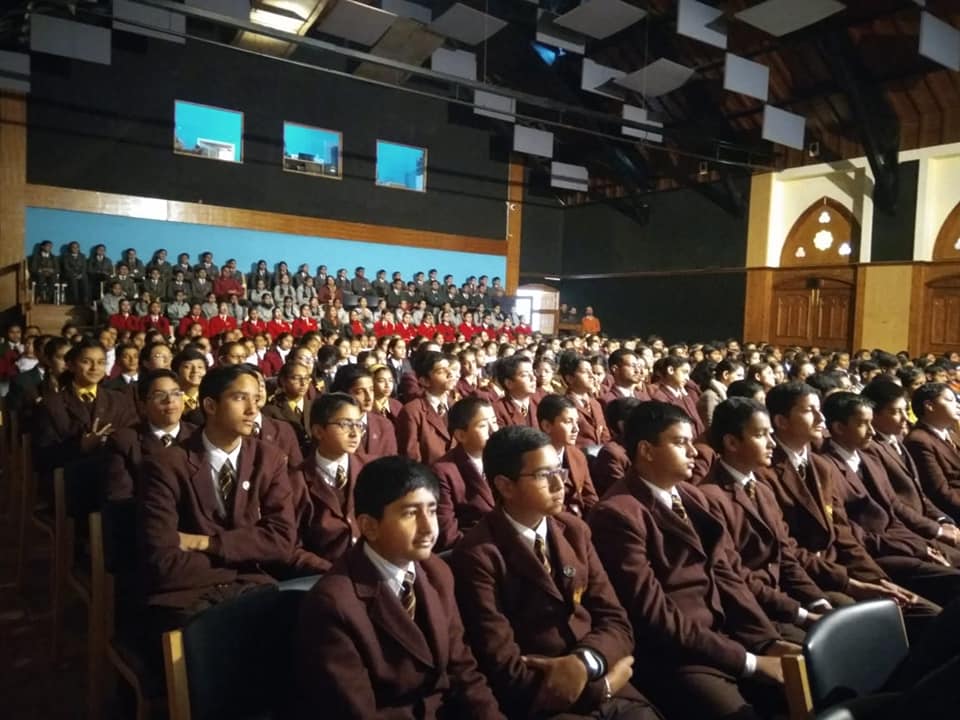
According to Arti Gupta, WWF State Coordinator for Himachal Pradesh, who recently launched the #Bee4thePlanet campaign in Shimla, “It’s a wonderful opportunity for school students and youngsters. With all the buzz, students can truly be for the planet by GIVING UP excesses and wasteful consumption to reduce plastic pollution, water and paper wastage. When you GIVEUP you GIVE BACK to nature. Start the conversation in your classroom, in your school clubs – among students, teachers and staff, encouraging them to adopt sustainable practices.” The campaign was launched in Shimla recently during the environment and wildlife film festival organized by Department of Science and Technology and CMSR Foundation.
Youngsters are also being encouraged to “Pedal for the planet” and do their own cyclothons and walkathons to build the momentum for the Earth Hour 2019.


